The Importance of Cybersecurity in Everyday Life : Safeguarding Our Digital Future
In today’s digital age, cybersecurity is an essential aspect of daily life. Whether we are aware of it or not, our personal information and online activities are constantly at risk of being compromised. From identity theft to financial fraud, the threats posed by cybercriminals are ever-present and evolving. Understanding the importance of cybersecurity and taking steps to protect oneself can significantly enhance the safety and privacy of an average person’s online experience.
Protecting Personal Information
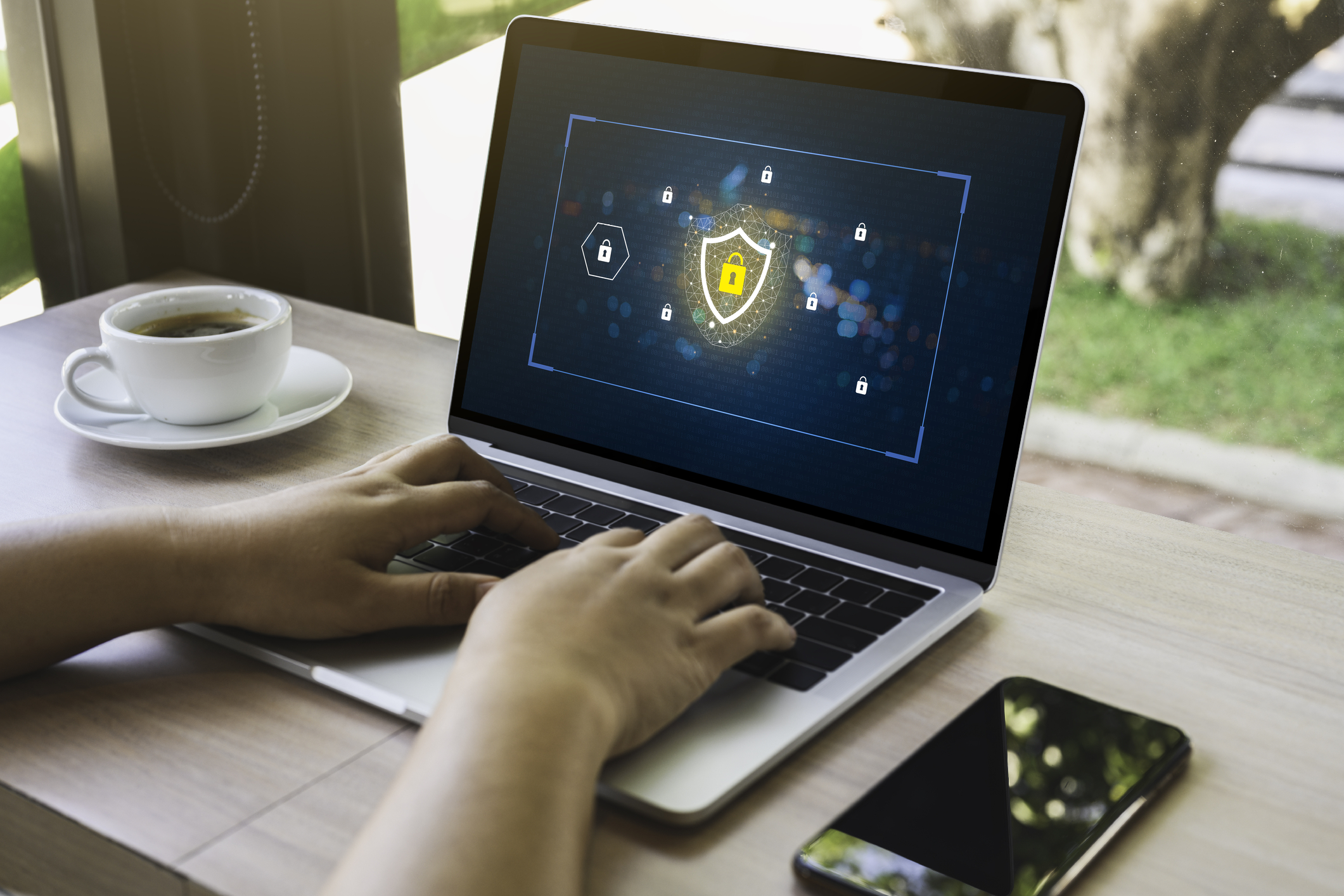
Personal information, such as social security numbers, addresses, and birth dates, is a prime target for cybercriminals. This information can be used for identity theft, which can have devastating effects on a person’s financial stability and reputation. By employing basic cybersecurity measures, such as using strong, unique passwords for different accounts and enabling two-factor authentication, individuals can significantly reduce the risk of their personal information being stolen.
Safeguarding Financial Data
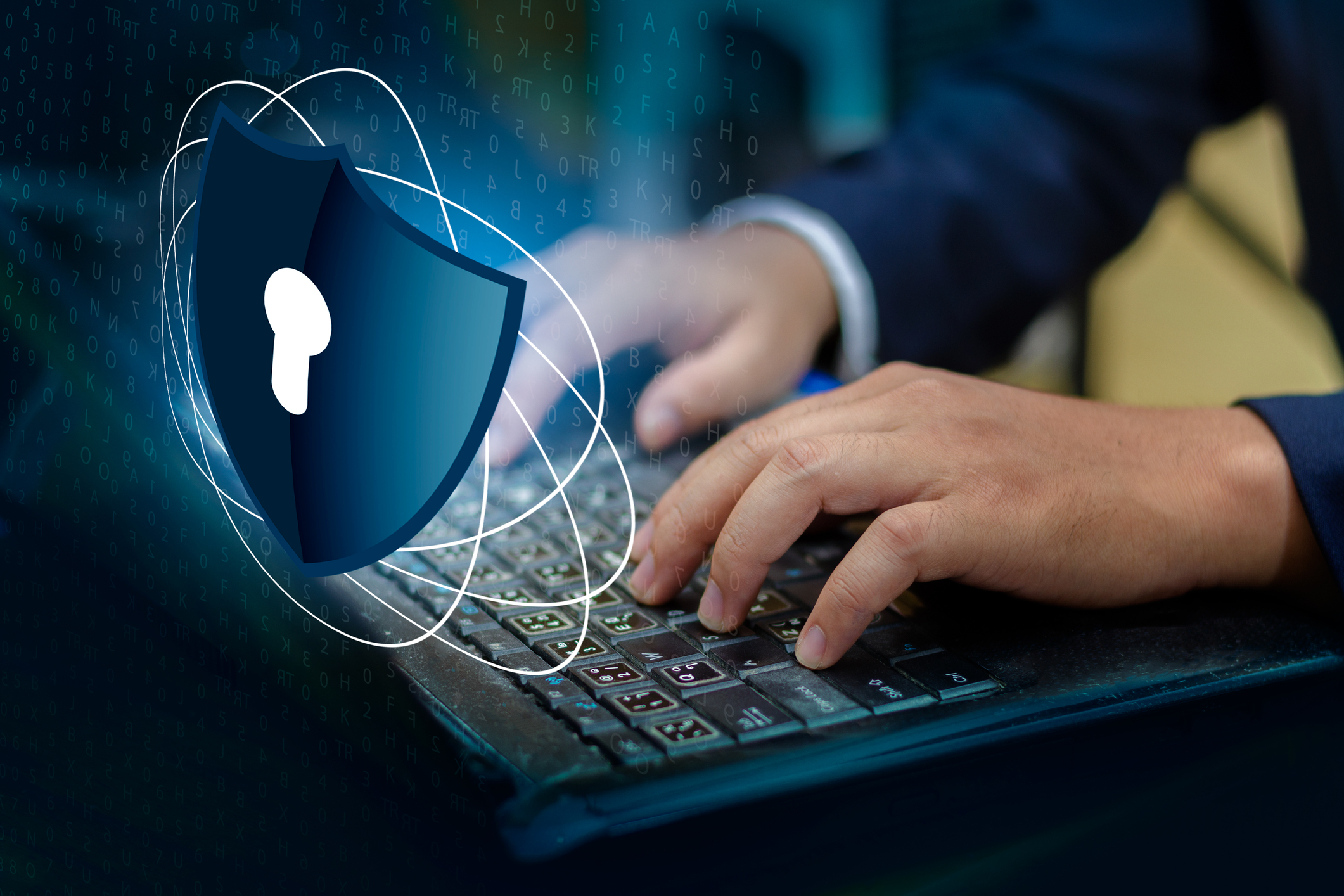
Online banking and shopping have become ubiquitous, making financial data a frequent target for cyberattacks. Credit card numbers, bank account details, and other financial information can be stolen and used for fraudulent activities. To protect financial data, individuals should use secure websites (look for “https” in the URL), monitor their accounts regularly for suspicious activities, and avoid sharing financial information over unsecured networks. Using digital wallets and secure payment methods can also add an extra layer of security.
Preventing Identity Theft
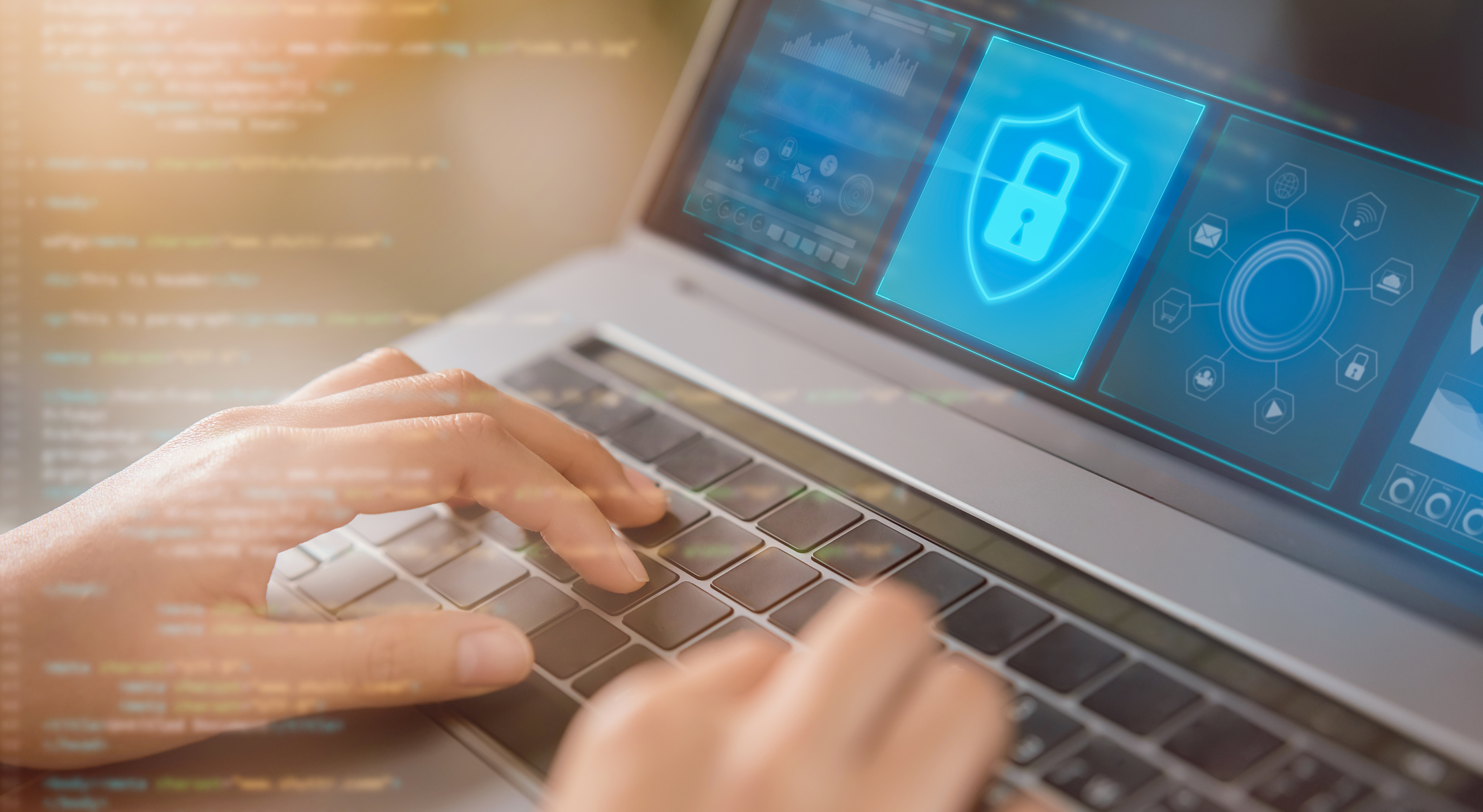
Identity theft is one of the most common and damaging forms of cybercrime. It occurs when someone uses another person's personal information without permission to commit fraud or other crimes. The consequences can be severe, including drained bank accounts, ruined credit scores, and even legal troubles. To prevent identity theft, it is crucial to be cautious about the information shared online, shred sensitive documents before disposal, and use security features like credit freezes and fraud alerts.
Ensuring Privacy
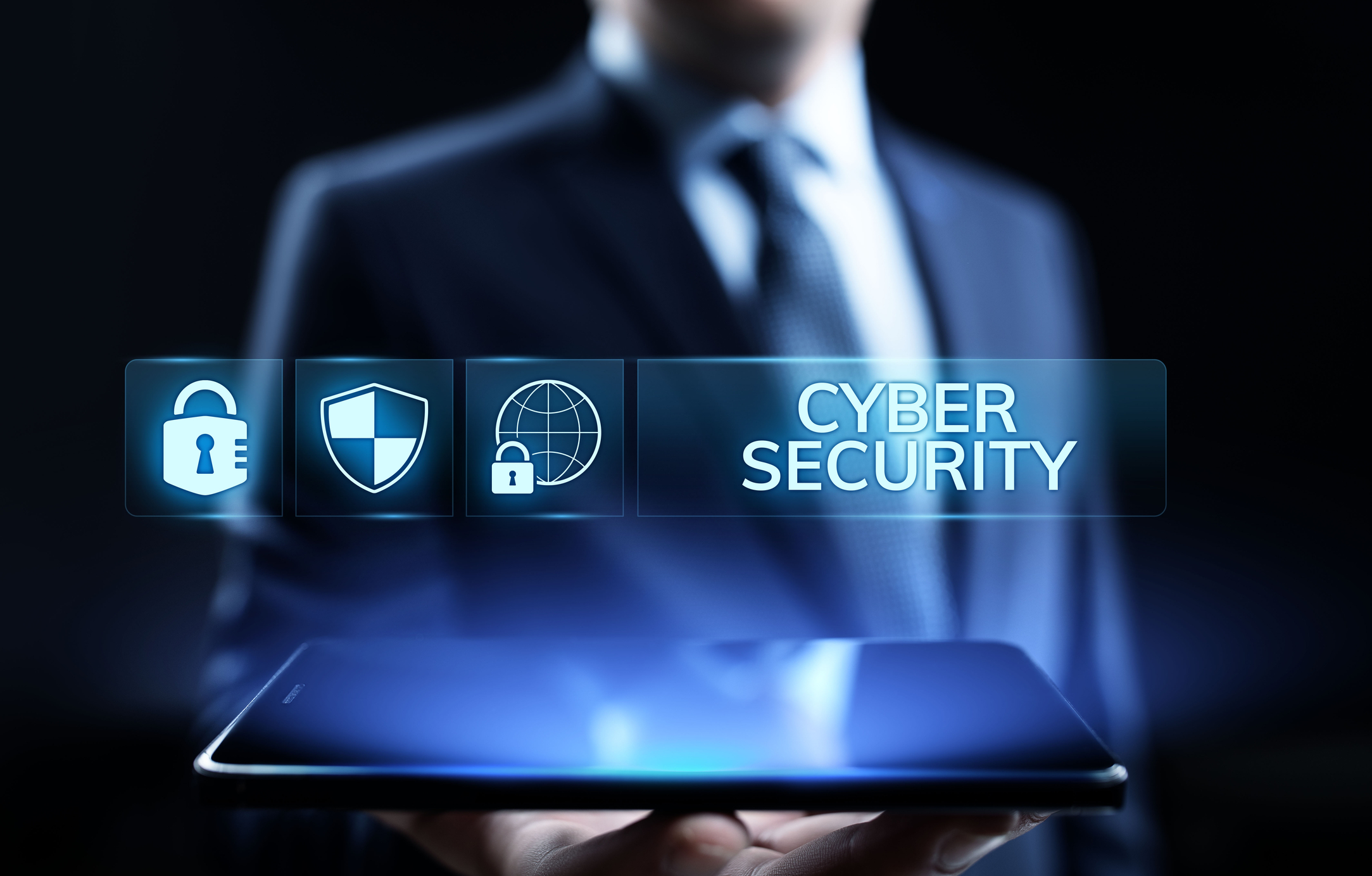
Privacy is a fundamental right, and maintaining it in the digital age requires vigilance. Social media platforms, email services, and various online accounts collect vast amounts of personal data. Without proper security measures, this data can be accessed and misused by unauthorized parties. Individuals should review and adjust privacy settings on social media, be cautious about the information they share online, and use encrypted communication channels to protect their privacy.
Protecting Against Cyberbullying
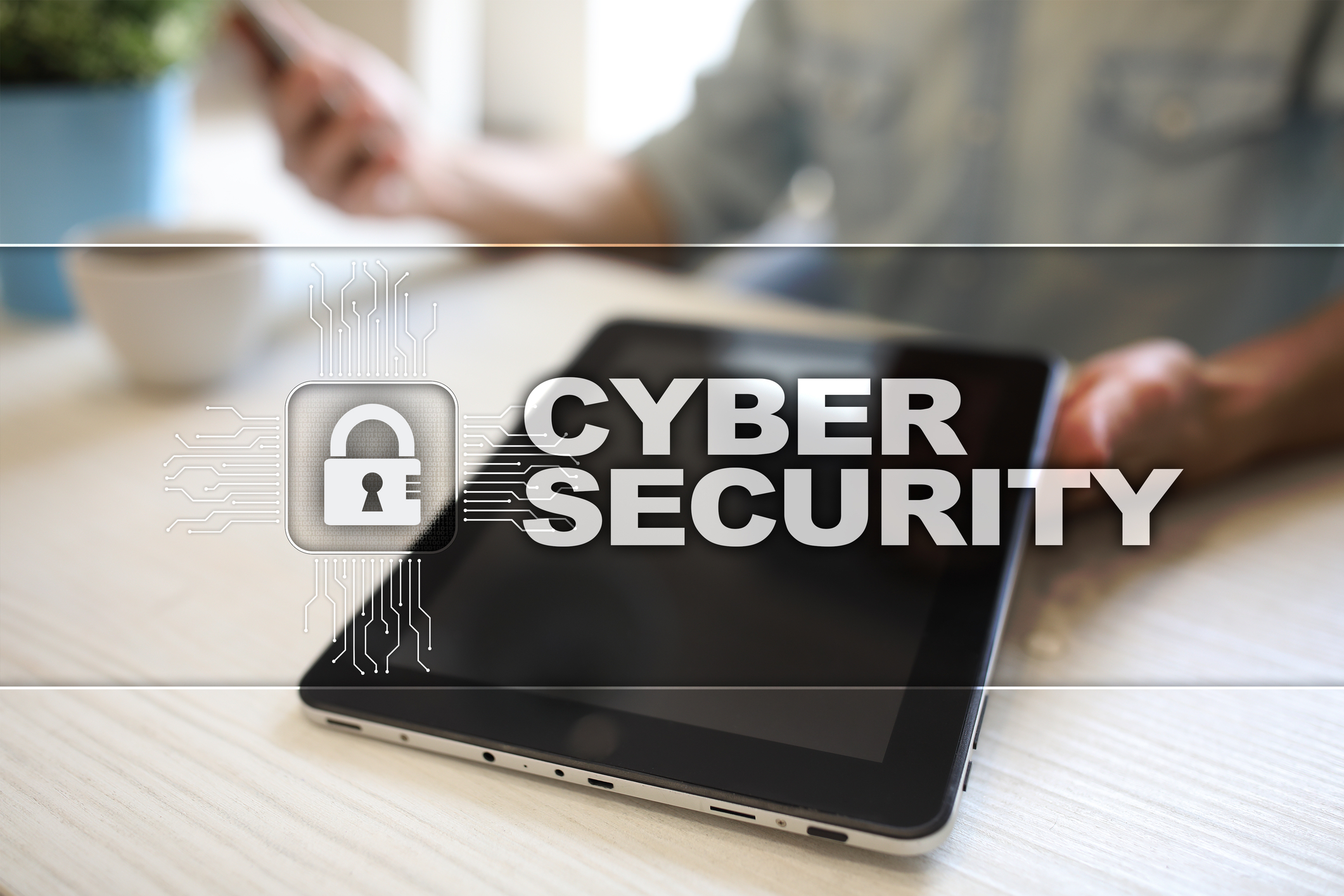
Cyberbullying is a growing concern, especially among young people. It involves using technology to harass, threaten, or embarrass someone. The effects of cyberbullying can be devastating, leading to emotional distress and even severe mental health issues. Parents and guardians should educate their children about safe online behavior, monitor their online activities, and encourage open communication about any troubling experiences. Using privacy settings and reporting tools on social media platforms can also help protect against cyberbullying.
Avoiding Phishing Scams

Phishing scams are attempts to deceive individuals into providing personal information, such as passwords or credit card numbers, by pretending to be a trustworthy entity. These scams often come in the form of emails or messages that appear legitimate. To avoid falling victim to phishing scams, individuals should be cautious about clicking on links or downloading attachments from unknown sources, verify the authenticity of requests for information, and use security software to detect and block phishing attempts.
Securing Home Networks

With the increasing number of smart devices connected to home networks, securing these networks is more important than ever. An unsecured home network can provide an entry point for cybercriminals to access personal information and connected devices. To secure a home network, individuals should use strong, unique passwords for their Wi-Fi network, enable network encryption, keep firmware up to date, and consider using a guest network for visitors.
Enhancing Online Reputation
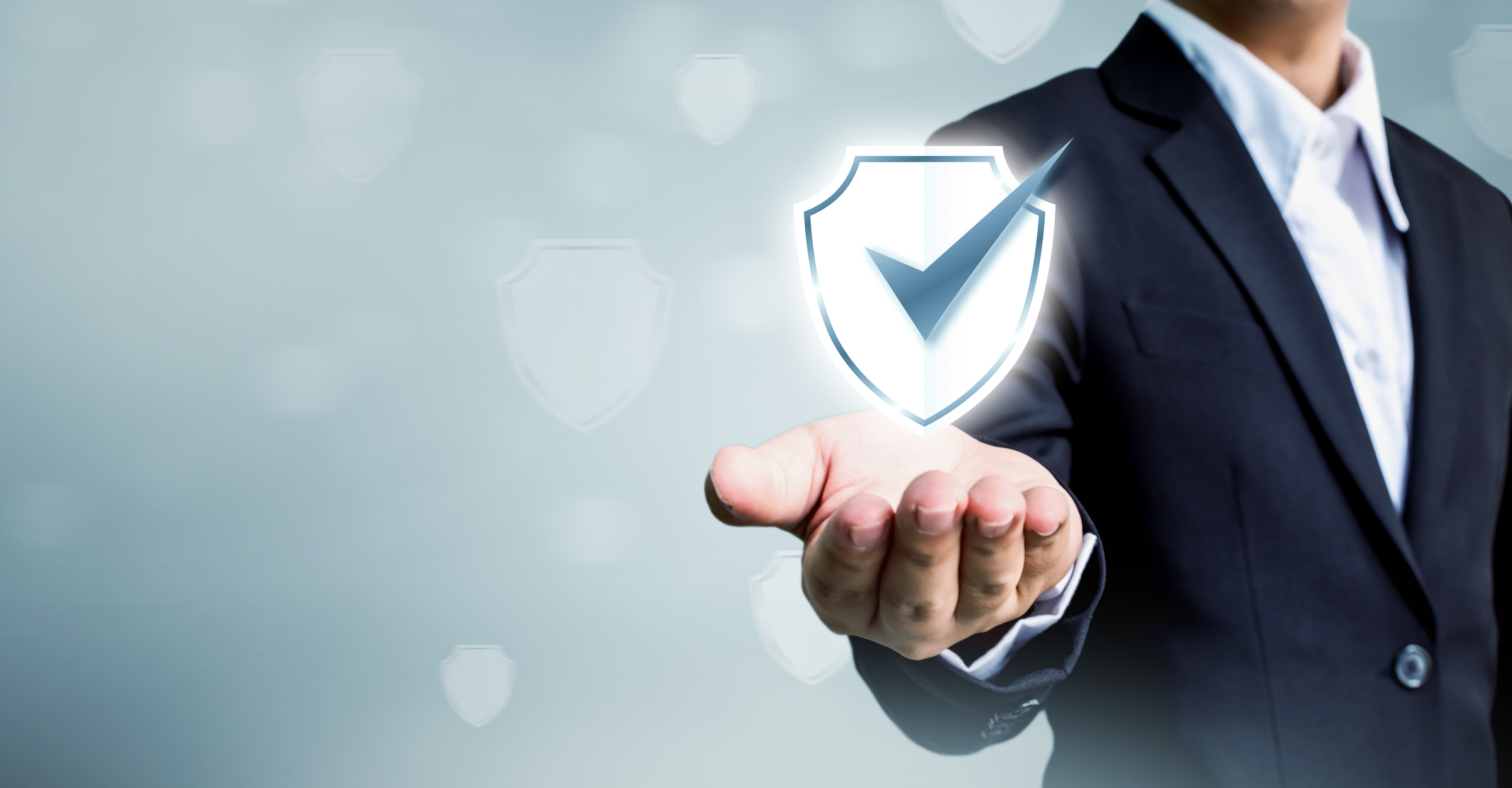
An individual’s online reputation can impact their personal and professional life. Negative information, whether true or false, can harm one’s reputation and opportunities. By practicing good cybersecurity habits, such as not oversharing on social media and being mindful of one’s digital footprint, individuals can protect their online reputation. Regularly searching one’s name online and addressing any inaccuracies can also help maintain a positive online presence.
Conclusion
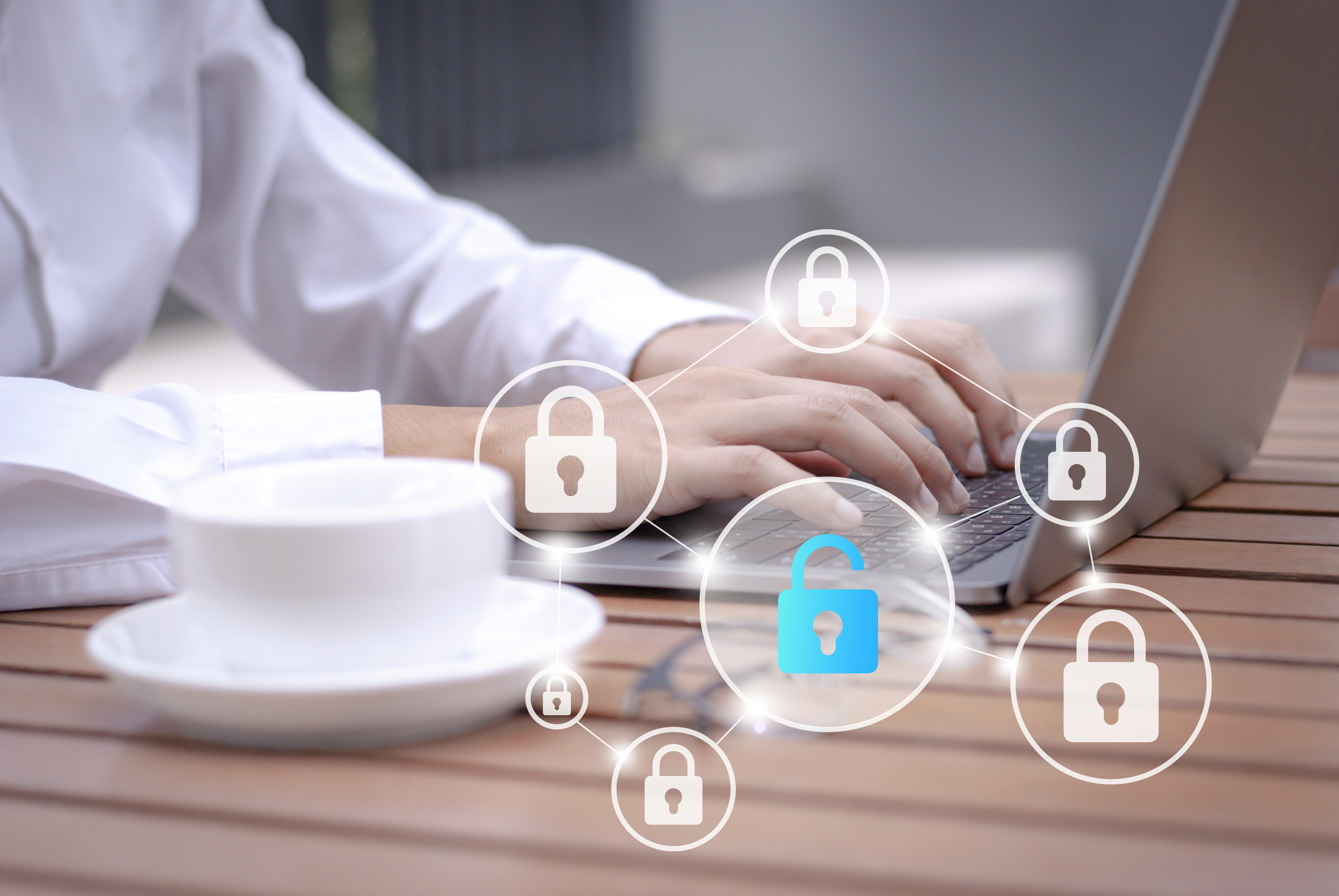
Cybersecurity is crucial in safeguarding an average person’s life in the digital age. By protecting personal information, financial data, and privacy, individuals can prevent identity theft, cyberbullying, and other online threats. Taking proactive steps to secure home networks, avoid phishing scams, and manage online reputation enhances overall safety and well-being. As technology continues to evolve, staying informed and vigilant about cybersecurity will remain essential for protecting oneself in the digital world.